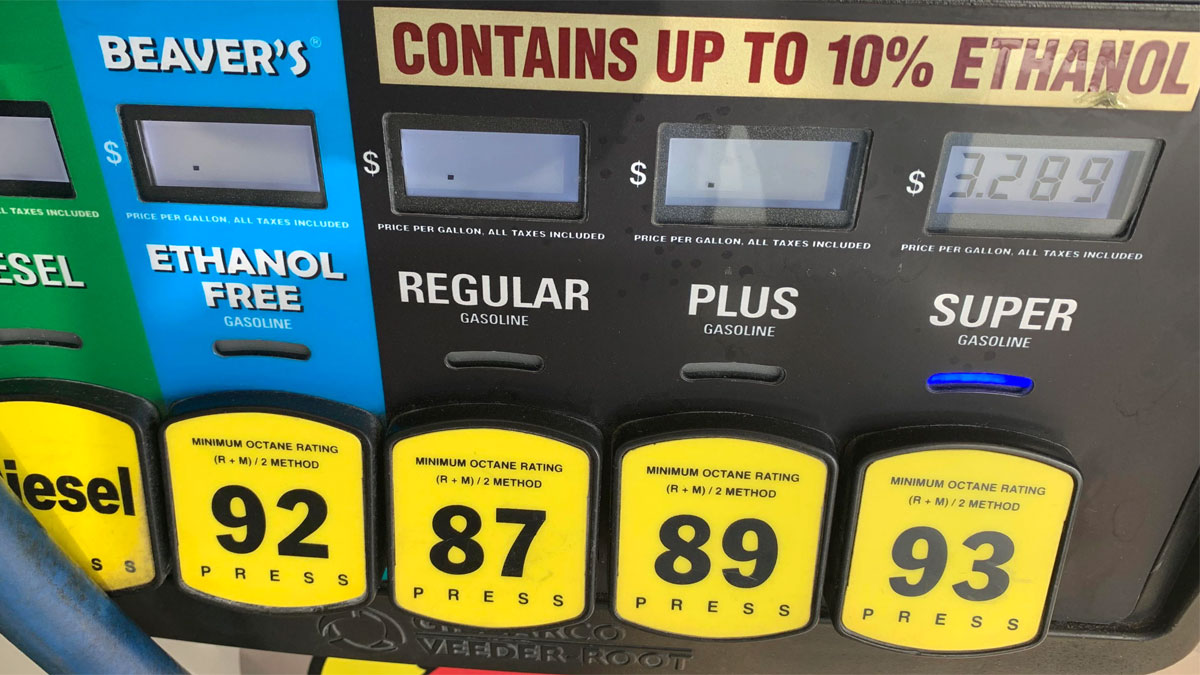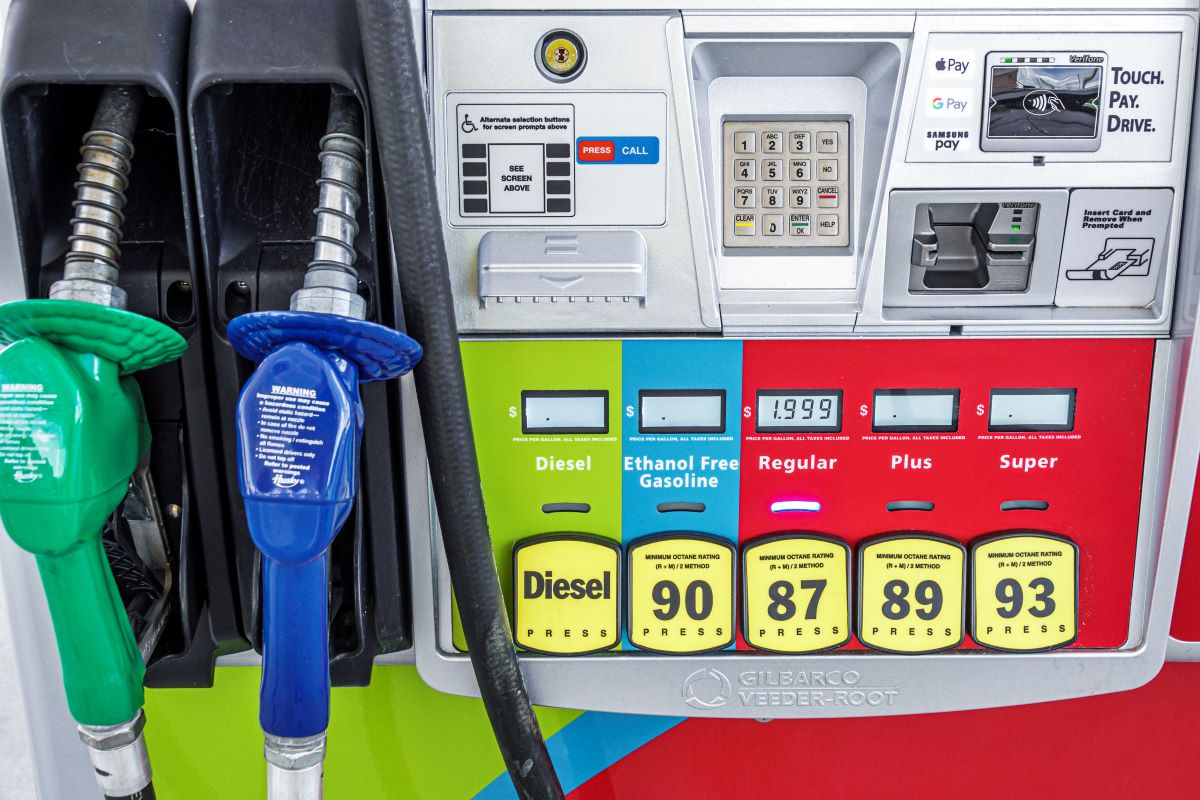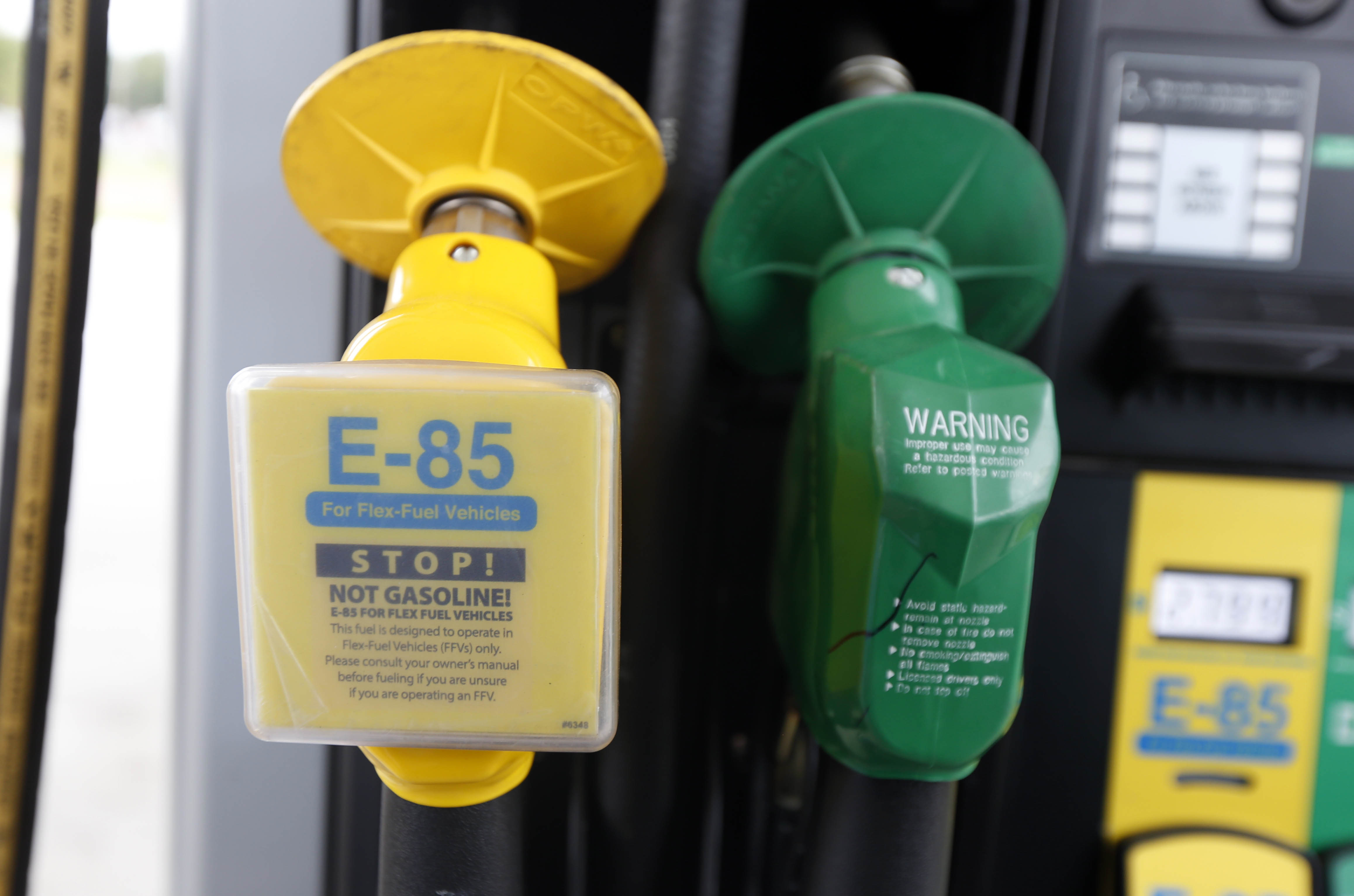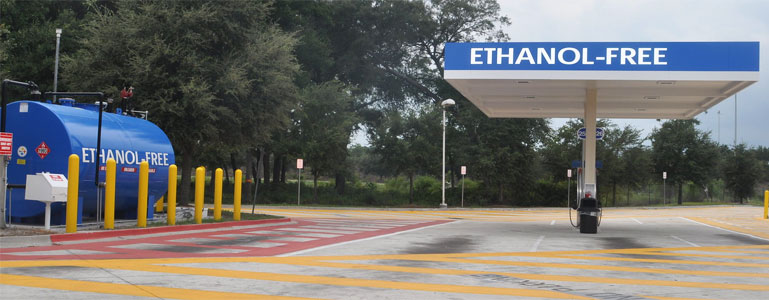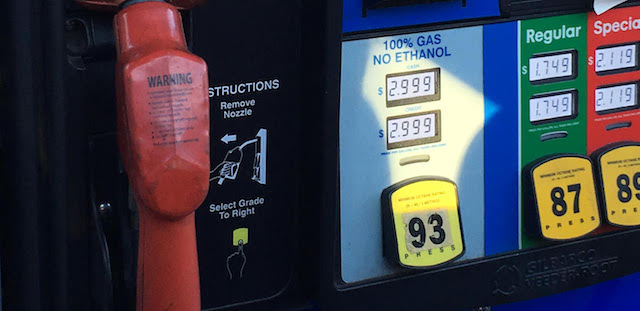Ethanol Free Gas In Las Vegas
Las Vegas drivers seeking gasoline without ethanol are finding it increasingly difficult to locate, sparking debate among consumers and raising questions about fuel options in the valley.
The reduced availability of ethanol-free gasoline, also known as pure gasoline or non-oxygenated fuel, impacts a specific segment of the population, particularly owners of classic cars, motorcycles, boats, and small engine equipment. These users often prefer ethanol-free gas due to concerns about potential damage to their engines and fuel systems, as well as performance issues.
The Disappearing Option
Ethanol-free gasoline was once more readily available at various gas stations throughout the Las Vegas metropolitan area. Now, a dwindling number of stations carry it, often at a premium price compared to gasoline containing ethanol. This trend reflects broader changes in fuel regulations and market dynamics.
Data from the Nevada Department of Agriculture, which oversees fuel standards, suggests a gradual decrease in the number of stations offering ethanol-free options over the past several years. While no formal ban on ethanol-free gasoline exists in Nevada, market forces and federal mandates promoting ethanol-blended fuels have contributed to its decline.
The exact number of stations currently selling ethanol-free gasoline in Las Vegas fluctuates, but anecdotal evidence from online forums and car enthusiast groups indicates a noticeable reduction. Consumers are relying on word-of-mouth and specialized apps to locate the remaining sources.
Why Ethanol-Free Matters
The preference for ethanol-free gasoline stems from several factors. Ethanol, an alcohol-based fuel additive, can degrade rubber and plastic components in older engines and fuel systems not designed to handle it. This can lead to leaks, fuel line blockages, and costly repairs.
For boat owners, ethanol can also cause phase separation in marine fuel tanks, where water mixes with the ethanol and settles to the bottom, leading to engine problems and potential damage to the hull. Similarly, small engine equipment like lawnmowers and chainsaws can experience performance issues and reduced lifespan when using ethanol-blended fuels.
Furthermore, some drivers report that ethanol-free gasoline provides better fuel economy and overall engine performance compared to ethanol-blended fuels, though these claims are often debated and can vary depending on the vehicle and driving conditions.
The Impact on Consumers
The scarcity of ethanol-free gasoline presents challenges for specific consumer groups. Classic car owners face the risk of damaging their vintage vehicles with ethanol-blended fuels. They must either modify their fuel systems to be ethanol-compatible or actively seek out ethanol-free alternatives.
Boat owners are particularly vulnerable, as marine engines are often more susceptible to ethanol-related problems. They may incur additional costs for fuel stabilizers and additives to mitigate the negative effects of ethanol.
Individuals who rely on small engine equipment for their livelihood or personal use are also affected. The higher cost and limited availability of ethanol-free gasoline can impact their operating expenses and potentially reduce the lifespan of their equipment.
Regulatory Landscape and Market Forces
Federal regulations, such as the Renewable Fuel Standard (RFS), mandate the blending of renewable fuels, including ethanol, into the nation's gasoline supply. This policy aims to reduce greenhouse gas emissions and promote energy independence.
However, the RFS has also been criticized for its impact on fuel prices and the availability of ethanol-free gasoline. As demand for ethanol-blended fuels increases, retailers have less incentive to offer ethanol-free options, especially if the demand is limited to a specific niche market.
Market forces also play a role. The cost of producing and distributing ethanol-free gasoline can be higher than that of ethanol-blended fuels, making it less profitable for retailers to offer. This can lead to a reduction in the number of stations carrying it, particularly in areas where demand is not sufficient to justify the added expense.
Finding Ethanol-Free Gas in Las Vegas
Despite the challenges, some gas stations in Las Vegas continue to offer ethanol-free gasoline. These stations are often independently owned and cater to specific customer segments, such as classic car enthusiasts and boaters.
Online resources and mobile apps, such as Pure-Gas.org, provide updated lists of stations selling ethanol-free gasoline. However, it is always advisable to call the station beforehand to confirm availability, as supplies can vary.
Some consumers are also turning to alternative solutions, such as purchasing ethanol-free gasoline in bulk from specialty suppliers or using fuel additives to mitigate the effects of ethanol in standard gasoline.
Looking Ahead
The future availability of ethanol-free gasoline in Las Vegas remains uncertain. Changes in federal and state regulations, as well as shifts in consumer demand, could further impact its accessibility.
As the transition to electric vehicles continues, the overall demand for gasoline may decline, potentially affecting the economics of ethanol-free gasoline production and distribution. The long-term implications for classic car owners, boaters, and small engine users remain to be seen.
For now, those seeking ethanol-free gasoline in Las Vegas must remain vigilant in their search and prepared to pay a premium for this increasingly rare fuel option.
